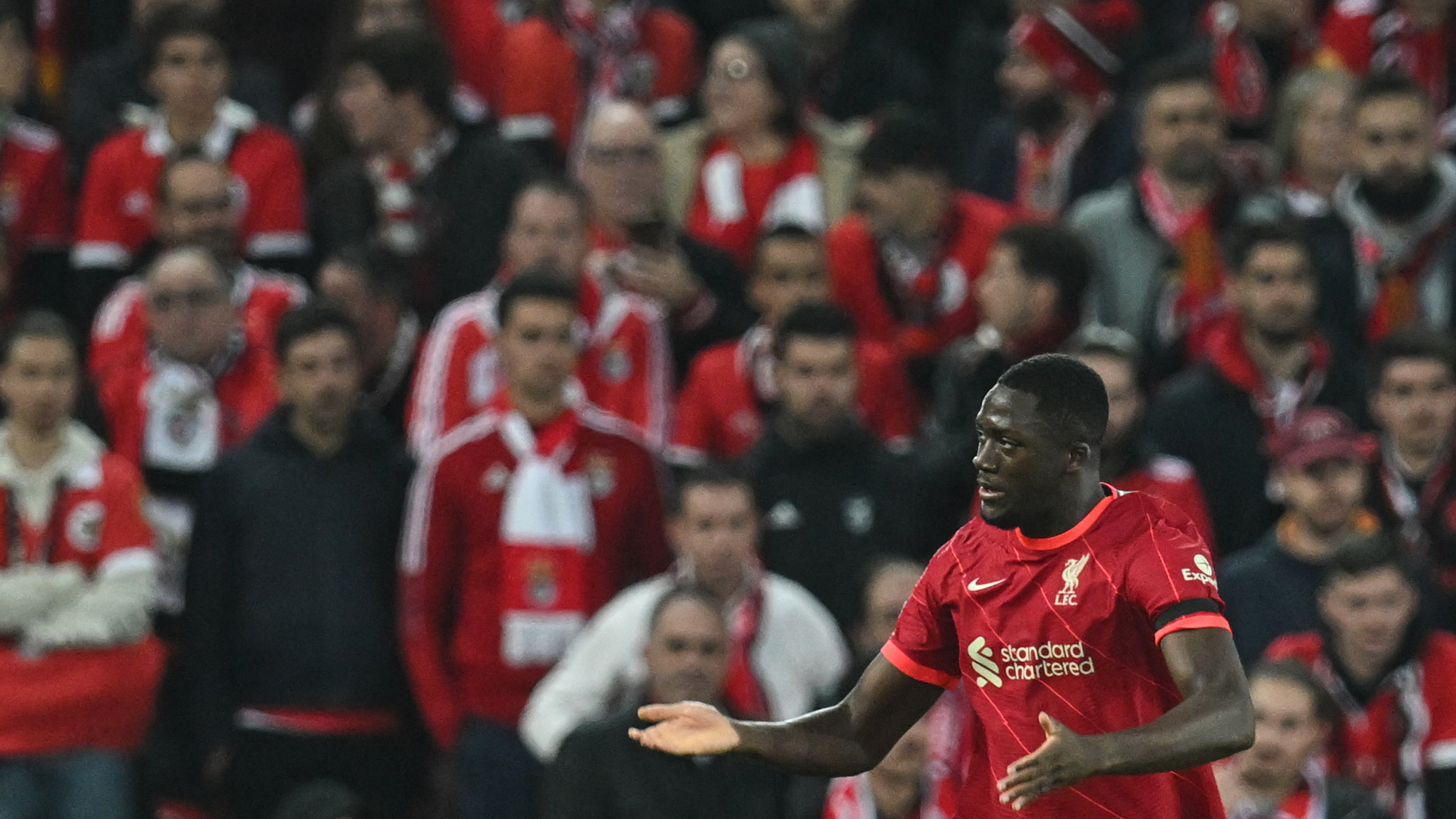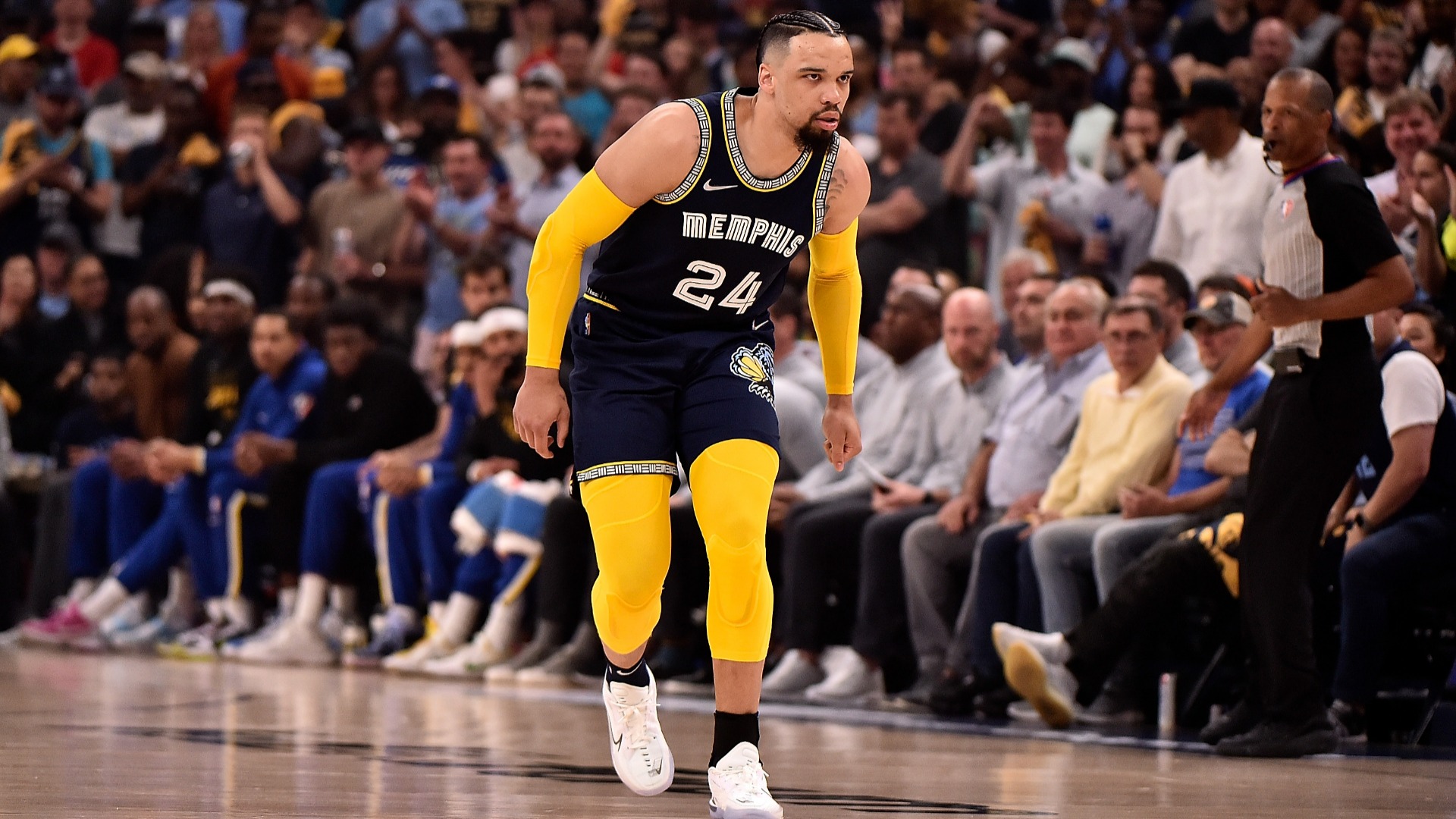
It is perhaps the thrilling attacking play of his teams that has led to the common misconception that Jurgen Klopp is something of a risk-taking manager.
Any recent Liverpool highlight reel is likely to show an adventurous brand of football that would support the idea that this group of players are instructed to simply throw numbers forward at any opportunity.
In truth, though, their manager has proven himself to be more conservative when it has come to making his biggest calls at Anfield.
As much was evident from the fact that his obvious first priority upon arriving at the club in 2015 was to implement a sound defensive structure.
It could also be seen in Klopp’s unwavering preference for a settled line-up in the biggest competitions – occasionally to his detriment, as in the case of a Diogo Jota knee injury suffered in a dead rubber against Midtjylland last season.
For these reasons, a team selection showing seven changes for this evening’s quarter-final second leg against Benfica felt hugely significant.
It is not like the reigning Portuguese champions were completely out of the tie, with a 3-1 aggregate cushion hardly worthy of being described as comfortable.
What’s more, Nelson Verissimo’s men had caused plenty of problems for their opponents en route to conceding a late sucker-punch goal in Lisbon last week.
Perhaps the key takeaway from this surprise selection, though, was not that Klopp has suddenly elected to embrace risk in the latter stages of a season that promises so much.
Rather, it is that the German no longer believes that making sweeping changes represents a risk at all.
The opening goal certainly supported that line of thought; back-up left-back Kostas Tsimikas crossing for third-choice centre-half Ibrahima Konate to head home.
Tsimikas also went on to provide another assist in the second half and ended the game with three key passes, 11 regains and having been involved in 14 duels (with a 71.4% success rate)
Konate, meanwhile, posted a match-high 94 passes, two tackles and five regains, ably supported by fellow fringe figures James Milner, Naby Keita and Joe Gomez.
And, while a late flurry from a Benfica side with nothing to lose made for exciting end to a six-goal game at Anfield, the hosts’ laxness was clearly a direct result of their knowing the tie itself was never in doubt.
Of course, for all that the contributions from the wider squad and the chance to rest key men made the night a satisfying one overall for Klopp, it is worth noting that a similar level of rotation remains unlikely between now and May.
The aggregate advantage, Anfield crowd, and the fact that Liverpool had only lost at home by more than one goal in the knockout stages of this competition twice before all fed into an unfamiliar line-up being named.
With an FA Cup semi-final against Manchester City next and neither the Premier League or Champions League likely to offer opportunities for major changes, this was probably Klopp’s last chance to truly mix things up.
However, this manager is far too experienced to believe that there won’t be plenty of need for his back-ups in the weeks ahead.
While it is now unlikely there will be any repeat of last season’s injury nightmare, it would be optimistic in the extreme to expect no further issues at all.
The legginess resulting from this most gruelling of campaigns is sure to tell at some point, enhancing the importance of every substitution.
That Klopp now has a deeper trust in his alternative options suggests Liverpool are well-equipped to handle the challenges to come.








